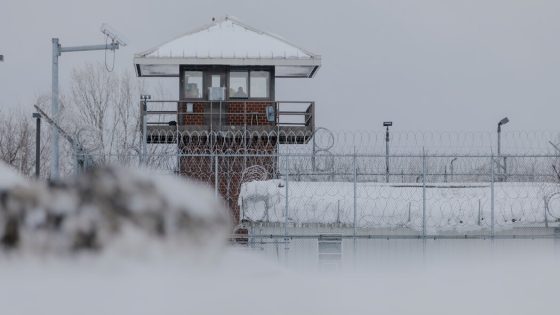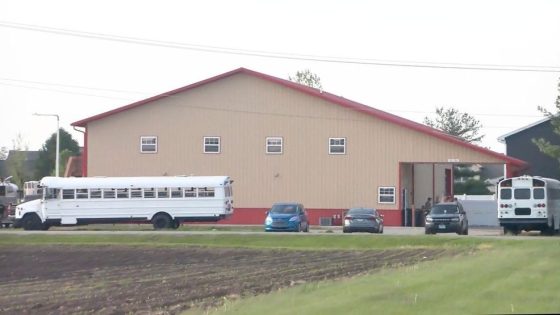Belgium is currently debating the introduction of a 73 euro fee per child for healthy school meals, sparking discussions on affordability and social responsibility. As of 2025-05-03 08:00:00, local municipalities like Blankenberge and Londerzeel express concerns about the financial impact on families and the role of parents in meal provision.
- Imposing 73 euro per child costs Blankenberge
- Londerzeel rejects free school meal plans
- Subsidies divert Flemish government from core tasks
- Healthy school meal subsidy becomes lighter version
- Ichtegem supports vulnerable families via social services
While some towns fear this fee could cost them over 100,000 euros annually, others like Ichtegem suggest supporting vulnerable families through social services instead. This raises the question: should healthy school meals be a communal responsibility or primarily managed by parents?
With the Flemish government pushing a lighter subsidy version than initially proposed, the debate continues on how best to balance costs, health benefits, and social equity in school meal programs.
Is charging parents for healthy school meals the right approach? This debate highlights several key points:
- Municipalities like Blankenberge face steep costs, while others rely on social services for support.
- Londerzeel emphasizes parental responsibility over government mandates.
- Flemish government’s subsidy adjustments reflect attempts to find compromise solutions.
- Concerns about the impact on vulnerable families remain central to discussions.
Moving forward, Belgian policymakers and local governments must collaborate to create sustainable, fair solutions for healthy school meals that support all families. How can Belgium ensure equitable access to nutrition while managing costs effectively?



























